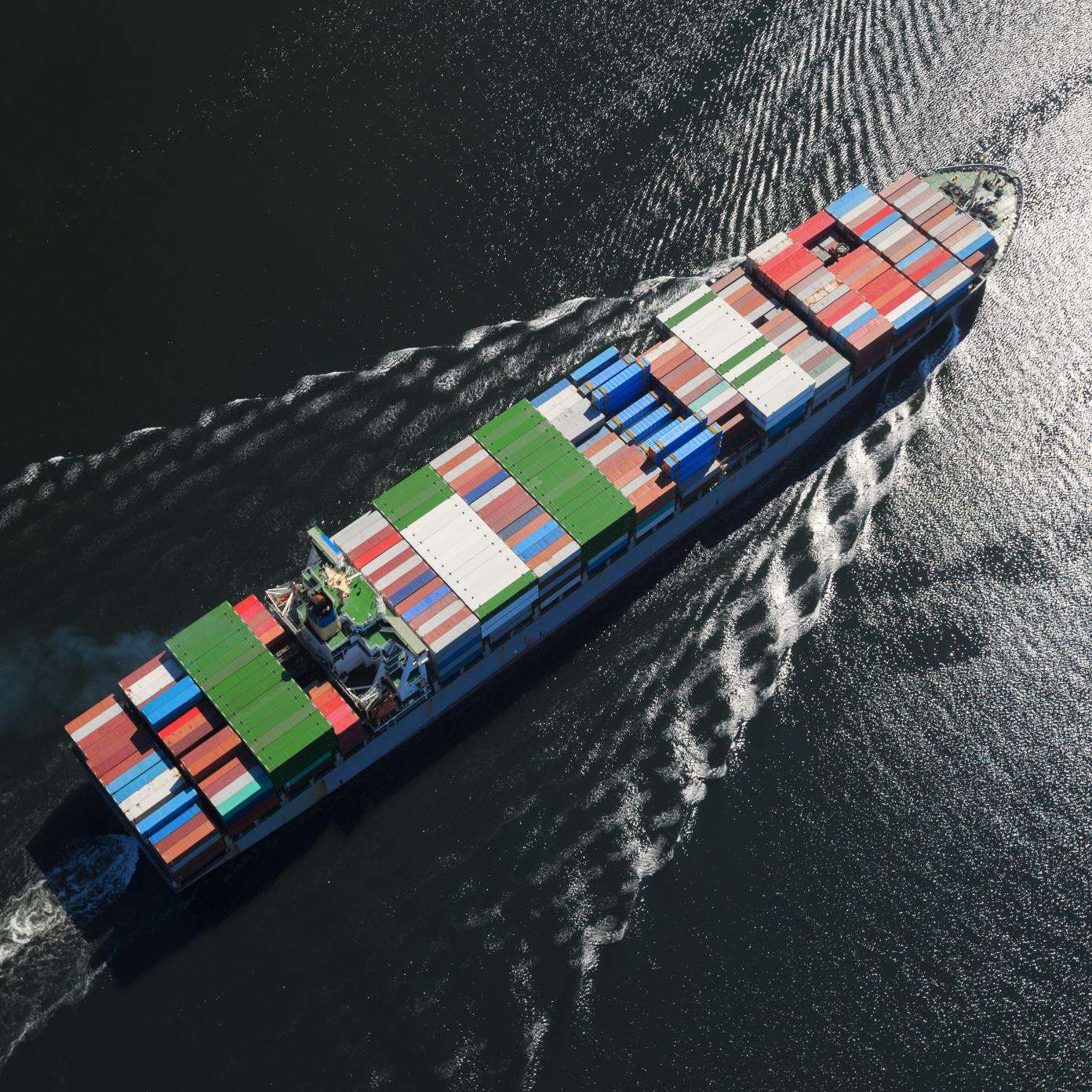ocean freight charges
Ocean freight charges represent the comprehensive costs associated with transporting cargo via maritime routes, encompassing various components that make international shipping possible. These charges include basic freight rates, bunker adjustment factors, terminal handling charges, documentation fees, and additional surcharges based on specific circumstances. The system employs sophisticated pricing mechanisms that account for variables such as container size, cargo weight, route distance, port fees, and seasonal fluctuations. Modern ocean freight charging systems utilize advanced technology platforms for real-time rate calculations, automated documentation processing, and transparent cost breakdowns. These platforms integrate with tracking systems, customs databases, and port management software to ensure efficient coordination of all shipping-related activities. The charges are structured to cover operational costs, including vessel operations, fuel consumption, port services, and administrative overhead, while maintaining competitive market rates. Additionally, ocean freight charges often incorporate insurance coverage, customs clearance fees, and specialized handling requirements for different cargo types. The pricing structure adapts to market conditions, global trade patterns, and regulatory requirements, making it a dynamic component of international commerce.


